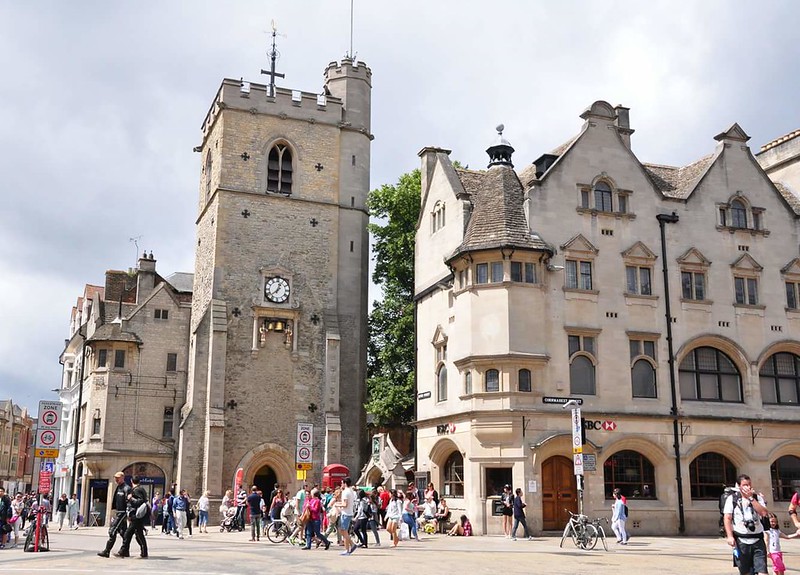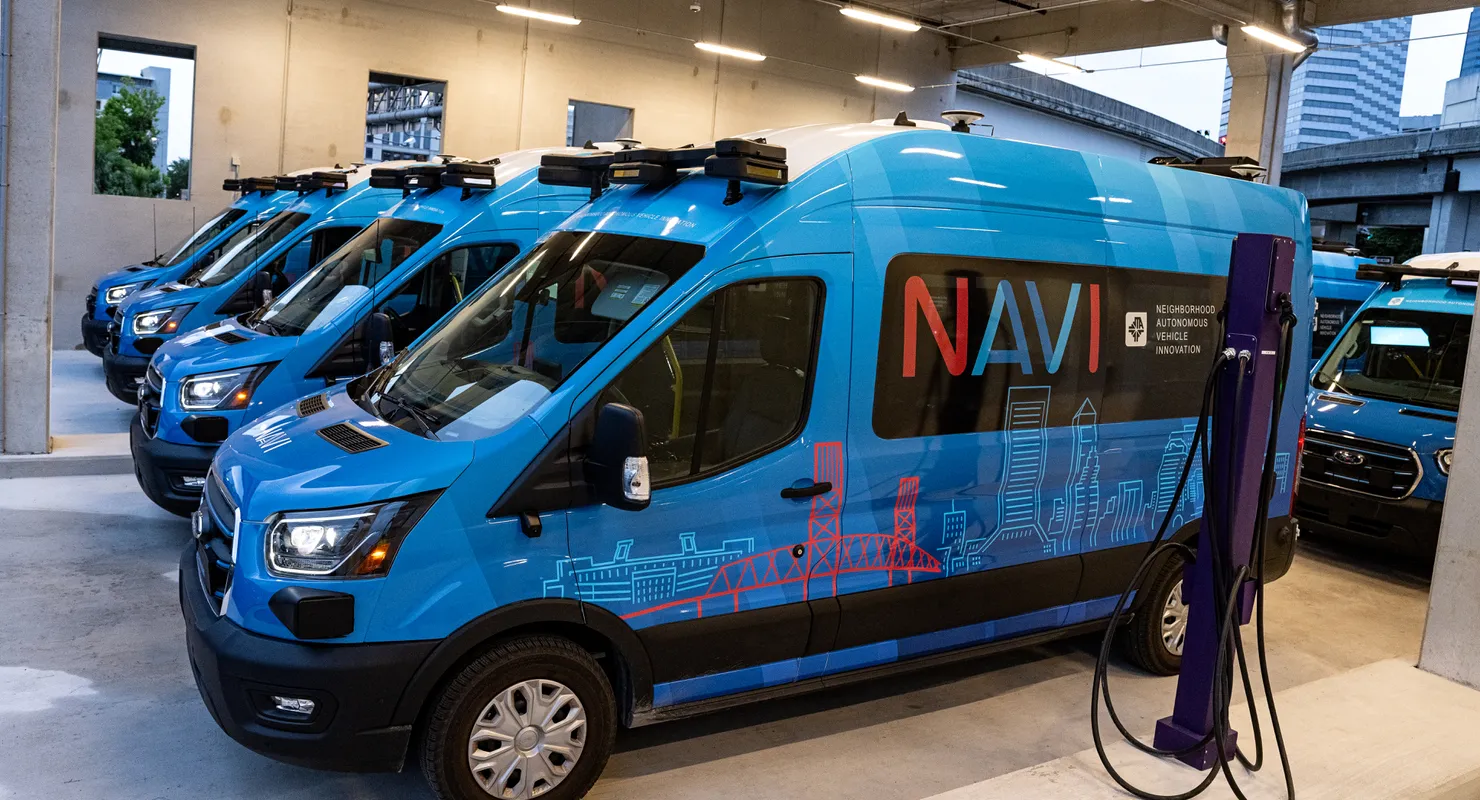
Photo: Michael Gwyther-Jones (Flickr)
Oxford launches zero emissions zone
01 March 2022
by Christopher Carey
Oxford has launched a zero emissions zone (ZEZ) pilot in a bid to cut down on polluting vehicles.
Drivers of non-fully electric vehicles – including hybrid cars – using certain city centre roads will be charged a daily fee of between £2 (US$2.69) and £10 under new rules, with automatic number plate recognition cameras used to enforce the scheme.
The city is the first in Britain to introduce a ZEZ, according to Oxfordshire County Council and Oxford City Council.
The pilot will apply between 07:00 and 19:00 each day on selected streets, with a wider ZEZ covering the entire city centre set to launch next year, subject to further public consultation.
“The City Council has chosen to set the toughest air quality standards of any local authority in the country,” said Councillor Tom Hayes, Deputy Leader and Cabinet Member for Green Transport and Zero Carbon, Oxford City Council.
“There is no safe level of air pollution – as the Chair of the Zero Carbon Oxford Partnership we set up, the City Council has helped to establish a data-led, science-based target of creating a net zero city by 2040.
“We have high ambition matched with a pragmatic desire to work with anyone and listen to a range of views; that’s how you meet the climate crisis and clean our dirty air and deliver social justice at the same time.”
Positive changes
The council says the ZEZ will reduce toxic air pollution in the city and encourage people to make positive changes in their travel behaviour.
The scheme has been in development for the past four years, with a final public consultation taking place last March.
Should the pilot cut air pollution levels in the city, another consultation will be held around expanding the ZEZ to cover much of the city centre as early as next year, with charges increasing by 100 percent from August 2025.
Several UK cities, including Bath, Birmingham, London and Portsmouth already have some form of clean air zone (CAZ), with more set to follow in the coming year.
The plans have created pushback in some areas however, with Manchester’s proposed CAZ being referred back to the UK government for review in January after the city’s mayor Andy Burnham said that changes in the vehicle market made it “impossible to proceed” without causing “real hardship” to residents.
Burnham was referring to the rising cost of raw materials used in the manufacturing of electric vehicles (EVs), such as lithium, which is expected to have a knock-on effect on prices in the coming months, along with delays in new EVs being delivered.
Michael Gwyther-Jones (Flickr)







